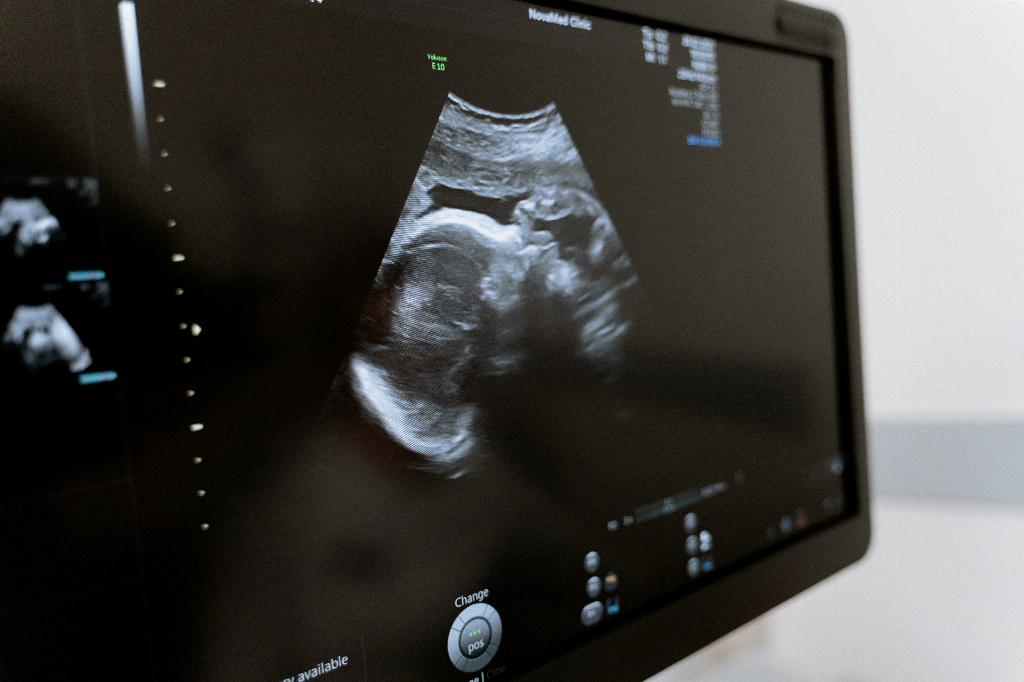When it comes to the actual probability of getting pregnant, there are several factors to consider. One crucial factor is the age of the individuals involved. For a healthy, fertile couple where both partners are under the age of 35, the chances of conceiving straight away are estimated to be around 25 percent per month, if regular, unprotected intercourse takes place around the time of ovulation. This statistic may vary for couples over the age of 35.
Factors Affecting Fertility
It is important to recognize that fertility is not solely determined by age. Other factors such as overall health, lifestyle choices, medical conditions, and genetics also play a significant role in determining the probability of conception. Couples facing fertility challenges should consider consulting with a healthcare provider to explore potential underlying issues.
Ovulation and Timing
Ovulation is a critical phase in a woman’s menstrual cycle when an egg is released from the ovary. By understanding their menstrual cycle and identifying signs of ovulation, couples can optimize their chances of conception by timing intercourse appropriately. Tracking ovulation through methods such as ovulation predictor kits or monitoring basal body temperature can help couples enhance their fertility prospects.
The Impact of Lifestyle Choices
Healthy lifestyle habits can positively influence fertility. Factors such as maintaining a nutritious diet, managing stress levels, engaging in regular physical exercise, and avoiding harmful substances like tobacco and excessive alcohol can contribute to overall reproductive health. Making informed lifestyle choices can potentially improve the chances of getting pregnant.
Medical Conditions and Fertility
Certain medical conditions can impact fertility in both men and women. Conditions such as polycystic ovary syndrome (PCOS), endometriosis, hormonal imbalances, and male infertility issues can affect the ability to conceive. Seeking medical attention and exploring treatment options for underlying conditions can help individuals address fertility challenges.
Exploring Fertility Treatments
In cases where natural conception proves difficult, individuals may consider fertility treatments such as in vitro fertilization (IVF), intrauterine insemination (IUI), or fertility medications. These assisted reproductive technologies offer options for couples struggling to conceive naturally and can significantly enhance the chances of getting pregnant.
Emotional and Psychological Considerations
It is important to acknowledge the emotional and psychological impact of fertility challenges on individuals and couples. Struggling to conceive can be a stressful and emotionally taxing experience. Seeking support from loved ones, counseling services, or fertility support groups can provide invaluable emotional support during this journey.
Age and Fertility
As individuals age, fertility naturally declines. Women are born with a finite number of eggs, and both egg quantity and quality decrease with advancing age. Men also experience a decline in sperm quality and quantity as they grow older. Understanding the impact of age on fertility can help individuals make informed decisions about family planning.
Reproductive Health and Well-Being
Prioritizing reproductive health and well-being is crucial for individuals considering starting a family. Regular visits to a healthcare provider for reproductive check-ups, screenings, and discussions about fertility can help individuals maintain optimal reproductive health. Taking proactive steps to address any potential reproductive health concerns can support the journey to parenthood.
Supporting Each Other Through the Journey
Embarking on the path to parenthood is a shared journey for couples. It is essential to communicate openly, support each other emotionally, and work together as a team during the process of trying to conceive. Building a strong foundation of love, trust, and understanding can help couples navigate fertility challenges and celebrate the joys of parenthood together.
Conclusion
In conclusion, the actual probability of getting pregnant is influenced by a myriad of factors, including age, lifestyle choices, medical conditions, and reproductive health. By understanding these factors, seeking appropriate medical guidance when needed, and supporting each other emotionally, individuals and couples can navigate the complexities of fertility with resilience and hope.

